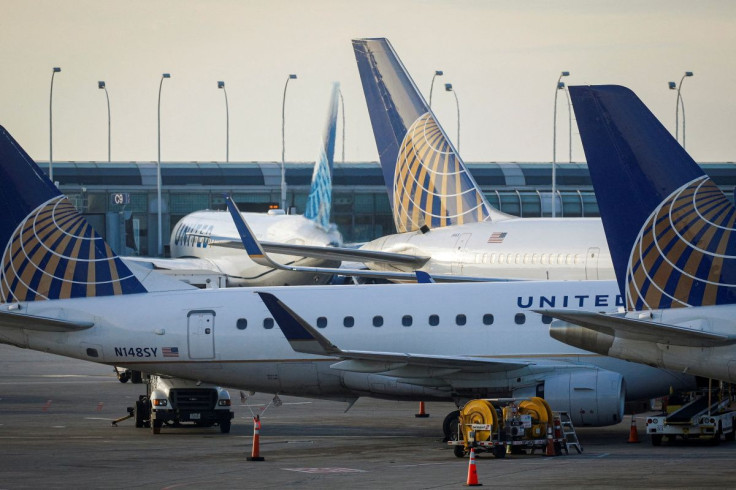United Airlines Earnings Disappoint As Operating Costs Bite

United Airlines Holdings on Wednesday posted a lower-than-expected quarterly profit, its first without U.S. aid since the pandemic began, as booming travel demand failed to offset higher operating costs, sparking a sell-off in its shares.
The Chicago-based carrier reported an adjusted profit of $1.43 per share for the quarter through June, below analysts' expectations for $1.95, according to Refinitiv.
United reported one profitable pandemic quarter, through September 2021, with federal government aid. The company's shares were down 6.5% at $38.95 in extended trading.
American carriers are enjoying the strongest summer travel season in three years as more people resume regular activities including vacations. International traffic and corporate travel demand are also on a rebound, making for a profitable second-quarter for most of the major carriers.
However, labor shortages have forced them to cut flights, making them unable to fully tap the pent-up demand for travel. Operating expenses have risen along with fuel costs.
Rival Delta Air Lines last week warned that cost pressures would remain elevated through the year as it battles operational challenges.
United's non-fuel costs rose 17% in the second quarter from the same period in 2019. Cost pressure is projected to remain elevated in the third and fourth quarters before easing next year.
Carriers are using 2019, before the pandemic, as the benchmark for their performance.
Its fuel costs surged by 45% in the June quarter from a quarter ago. However, they are projected to moderate in the current quarter.
United said it expected to be profitable this year despite growing worries that higher air fares, persistently high inflation and rising interest rates could dent travel spending in the second half of the year.
"While the company anticipates the economy will slow in the near to medium term, the continuing pandemic recovery is more than offsetting economic headwinds -- leading to expected revenue and earnings acceleration in the third quarter," United said.
It estimates total revenue per available seat mile to be up 24%-26% in the quarter through September from the same period in 2019, translating into an adjusted operating margin of 10%.
However, it intends to keep its capacity below the pre-pandemic level in the current and fourth quarters to avoid stretching its resources thin.
United will discuss the results on a call with analysts and investors on Thursday morning.
© Copyright Thomson Reuters {{Year}}. All rights reserved.





















